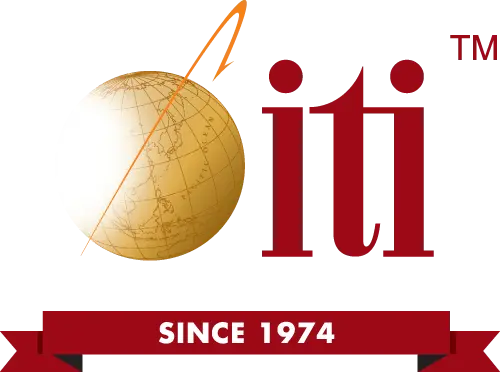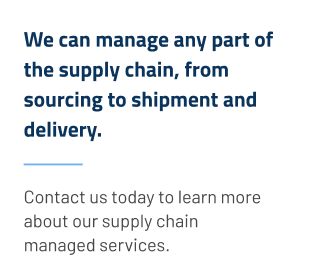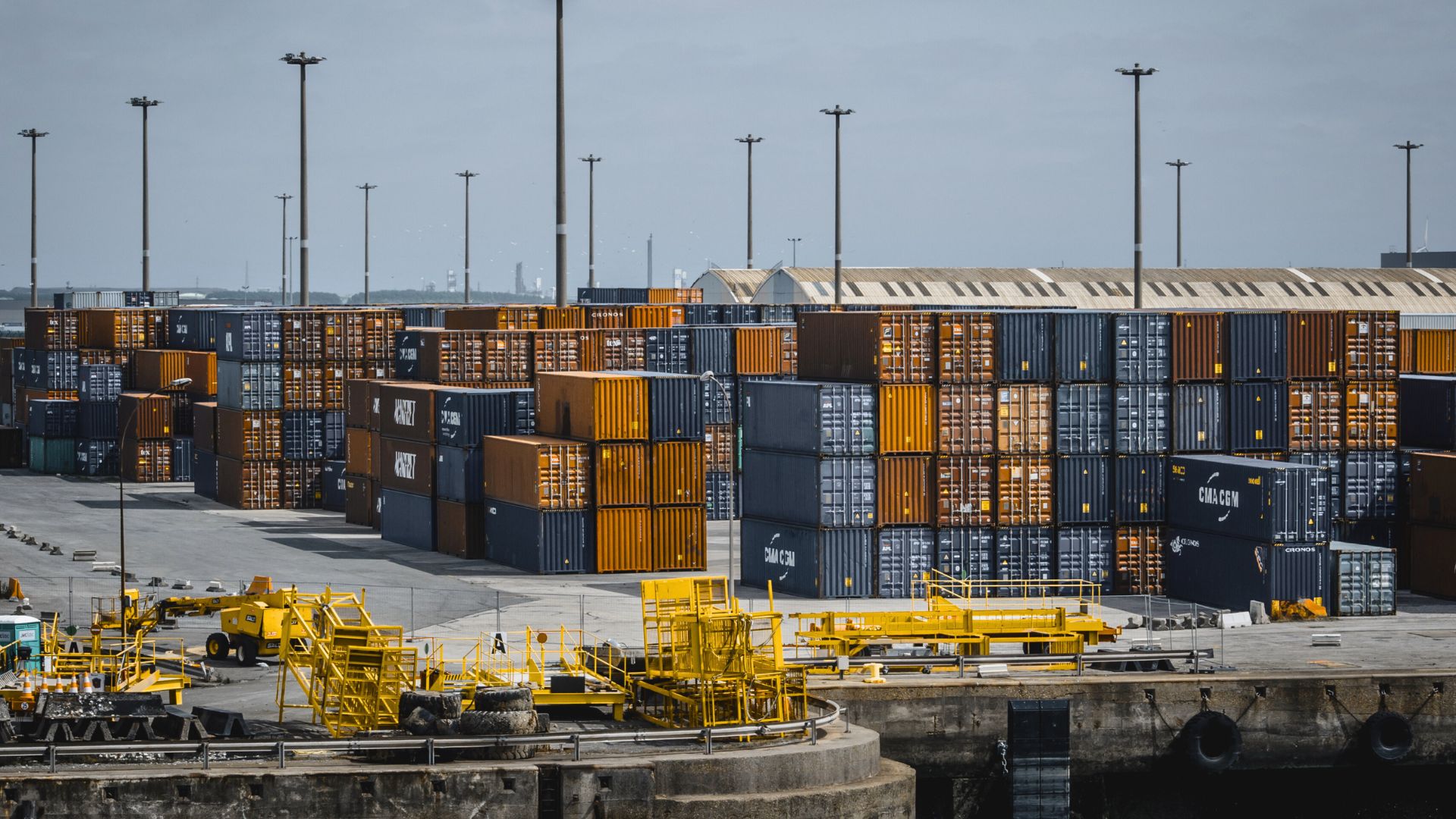The Current & Complex State of Made in China
If you’re curious about current affairs and how they could affect your company’s made in China products, read on. Manufacturing the world over continues to evolve as automation and artificial intelligence (AI) creeps more and more into the industry. Shifts in traditional, international trade are also adding its unique color to the global manufacturing mosaic. The “experts”, whose stated guesses are taken as fact, also, in many cases, shift positions when the slightest detail is revealed such as the “no tariffs” condition between the USA and Europe while negations are underway.
To some, this may just be an exciting time in history. To others, it could be financially devastating. So, how do these and other changing factors impact manufacturing and world trade? Furthermore, how do they impact U.S. companies and their relationships with Chinese partners? The answers are complex and continue to confound even those who are directly “in the mix” of it all. Many who are watching the made in China movements see some bright signs ahead for Chinese-American partnerships.
The Evolving China-United States Relationship
Recent political moves by both China and the U.S. continue to worry many analysts. However, the fact remains that both nations heavily rely on each other. Which mean trade issues currently facing the two nations – and perhaps the world – are likely to be resolved sooner rather than later. The economic realities facing both nations suggest they will do whatever is necessary to resolve their political issues. This is as long as each leader’s reputation is secure.
Companies that provide OEM, contract manufacturing services to US-based companies wishing to explore or enhance their China manufacturing. These manufacturers can help those companies succeed by focusing on the only things that are controllable. Competitive pricing, total offshore project management, and a guarantee of no manufacturing defects in any shipment are all controllable. As the relationship continues to evolve between this planet’s two most powerful nations, there are still thousands of products in all business categories being made in China and imported into the USA and around the world. China manufacturers and USA businesses are continuing to find ways to work together to the best of their abilities. Furthermore, it’s taking place within the framework of the ever-evolving tariffs.
Trends That are Influencing These Changes
China’s move to embrace automation will keep pushing the quantities, qualities, and economy of their mass-market-type products in the future. As China’s labor rate increases, automation will slow the rise in the overall price of goods made in China. That’s a positive outlook for U.S. companies looking for long-term manufacturing partners. However, automation also raises a question… What is the outlook for the Chinese workers who are replaced by automation? Will China, as well as other industrialized countries, automate the larger scale, mass manufacturing operations? Will this be only to create an even larger opportunity for greater numbers of smaller, “boutique” factories specializing in a wider variety of ways?
By 2020, improved automation will undoubtedly keep manufacturing costs low for the larger manufacturers. Moreover, subsequent strengthening and development of the non-automated or semi-automated factories will help their U.S. customers remain competitive for decades. This is especially the case for factories specializing in a unique contract manufacturing arena.
Countries Moving into a Global Economy
U.S. companies are also looking for creative ways to increase their market reach in a truly global economy. US innovations, when coupled with skilled Chinese manufacturing partners, provide avenues for companies to expand into other areas globally. China’s graphical location makes it a viable manufacturing hub for shipping finished goods to Australia and New Zealand, Europe, and South Africa.
Getting Past Cultural Difficulties
U.S. companies face real cultural, language, and time-of-day issues when dealing with Chinese business partners. These differences pose problems that many U.S. company owners find difficult to bridge. These reasons are why working closely with the professionals at ITI Manufacturing can be so appealing. Many U.S. companies seeking to take advantage of made in China benefits find success when they partner with us.
Our seasoned professionals at ITI understand the China manufacturing industry. We have a full-time, dedicated staff in 8 offices covering nearly 90% of China’s provinces. We were invited to do business in China in the mid-70’s. At ITI Manufacturing, we’ve kept up with the changing China manufacturing environment ever since.
Taking Advantage of Changes
At ITI Manufacturing, we’ve spent years developing working relationships with Chinese partners. As such, we’ve made it possible for companies to benefit from China’s labor pool, industrial infrastructure, and ever-expanding manufacturing capabilities. Manufacturing trends in China planned for 2020 will make those already established relationships even more advantageous.
Is your US-based company considering a partnership with a Chinese firm to enhance viability in a highly competitive environment? The time to move forward is now. You can be ready when the political-economic issues are resolved. Let ITI Manufacturing explore new and exciting ways to meet your short- and long-term manufacturing objectives.
The only way to know if China manufacturing or working with ITI is right for your bottom line is to call us. If you’re experiencing challenges with having products made in China, or if you’re considering China manufacturing, we can help. We specialize in setting you on the right track to quick start success. Call us at 281-242-7030 for more information, or a free, no-obligation quote.





